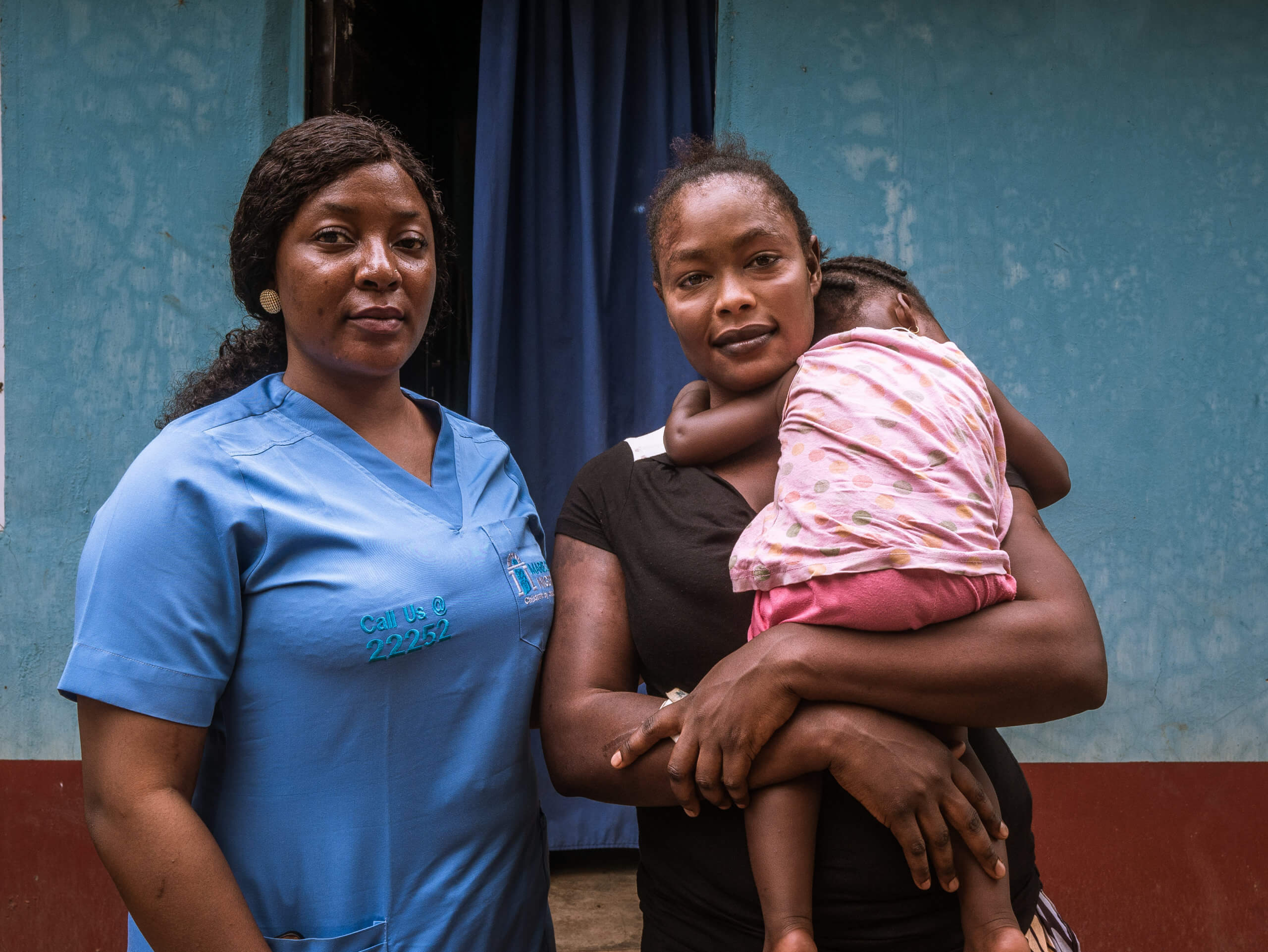Repeal the Helms Amendment
The Helms Amendment bans the use of US foreign aid funds for abortion care. As a result, women around the world can’t access the healthcare they’re legally entitled to. It’s time to end this harmful policy.
What is the Helms Amendment?
Passed in 1973, this amendment bans the use of US foreign aid funding for abortion care directly. The Helms Amendment states that abortion may not be funded “as a method of family planning.” The amendment was introduced by North Carolina Senator Jesse Helms in response to the Supreme Court’s decision in Roe v. Wade.
American global health funding programs such as USAID have interpreted the amendment broadly. It bans funds for abortion in cases of incest, rape or when a woman’s life is at risk. It’s also been used to prevent the purchase of supplies used for lifesaving care after unsafe abortions.
As a result of this policy, poor women around the world are prevented from making the best choices for themselves and their families.

How would repealing Helms impact women?
The United States is the single largest donor to health–care programs worldwide. As a result, the Helms Amendment has a dramatic impact on women who rely on foreign aid for their healthcare. The consequences are dire for the 35 million women in low– and middle-income countries who currently turn to unsafe abortion each year.
The Guttmacher Institute estimates that repealing this policy would result in 19 million fewer unsafe abortions each year and 17,000 fewer deaths. Overall, deaths due to abortion countries where the US funds family planning programs and some abortion is legal would decline by a staggering 98 percent.
What can Congress do?
Every year since 1973, the Helms Amendment has been included as part of the annual spending bill. This year, a bipartisan group of members of Congress are introducing legislation to repeal the Amendment permanently.
The Abortion is Health Care Everywhere Act would repeal the Helms Amendment and explicitly authorize U.S. foreign assistance to be used for comprehensive reproductive health care—including abortion.







